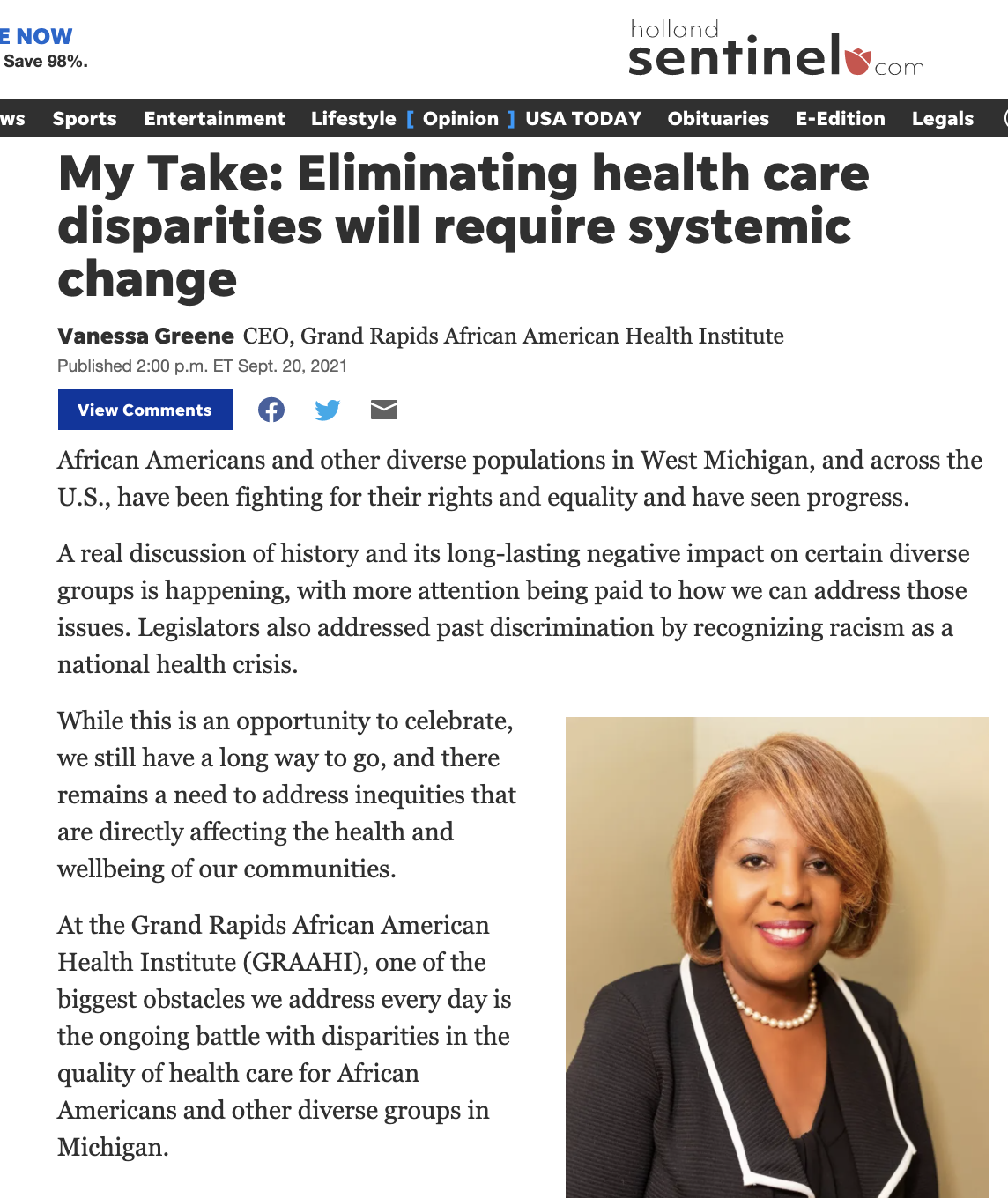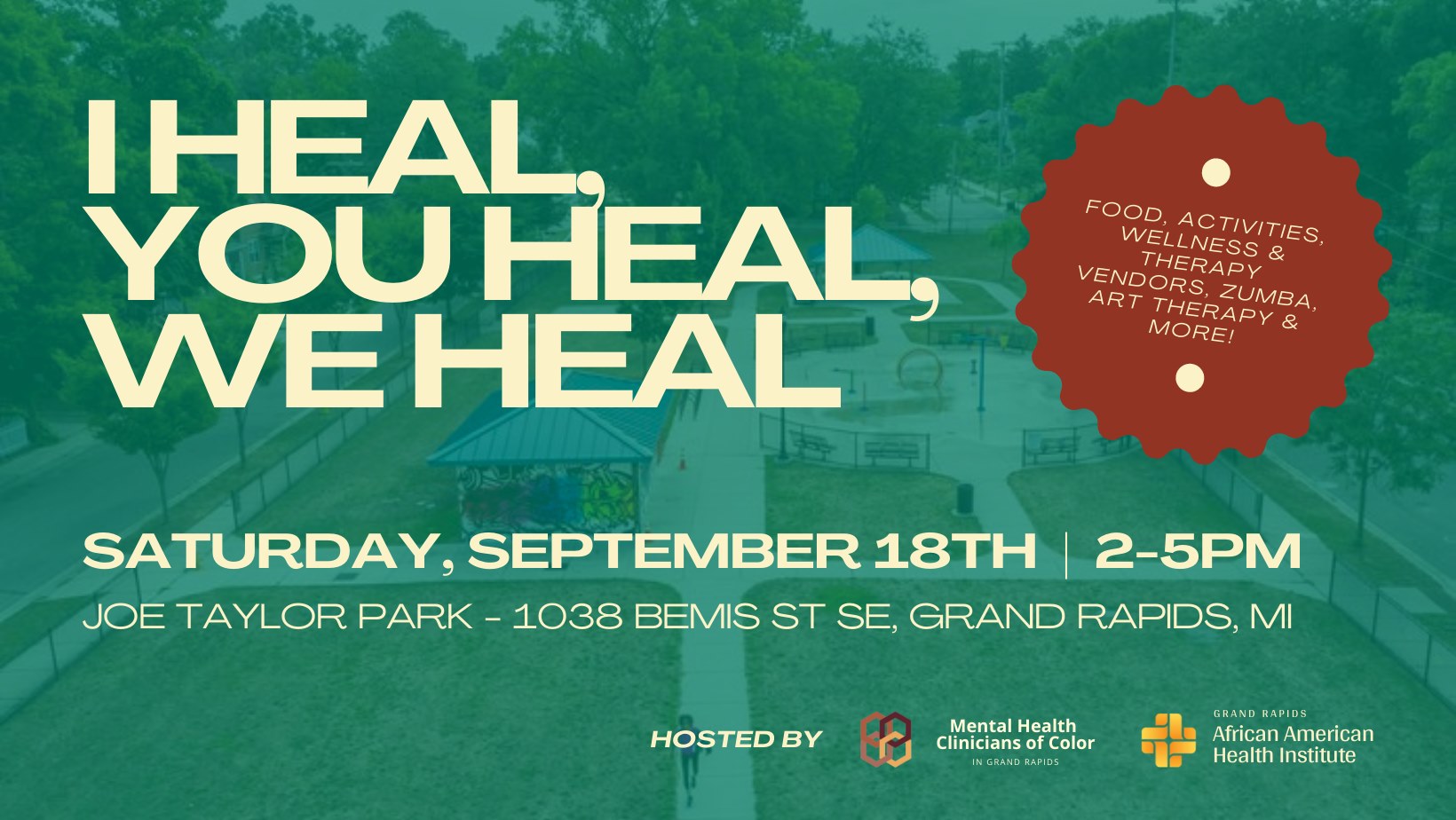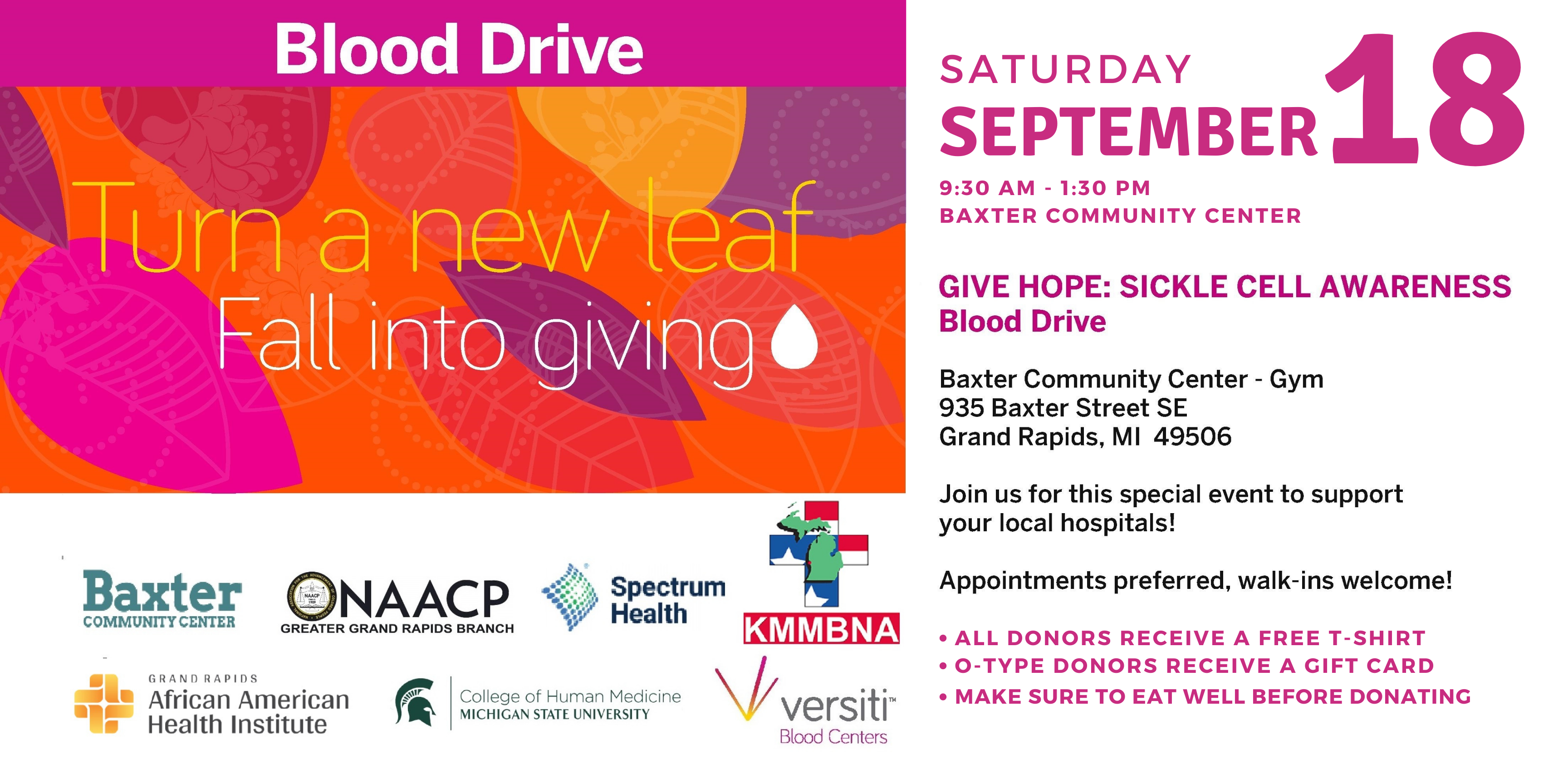My Take: “Eliminating health care disparities will require systemic change.”
Vanessa Greene, CEO, Grand Rapids African American Health Institute
African Americans and other diverse populations in West Michigan, and across the U.S., have been fighting for their rights and equality and have seen progress.
A real discussion of history and its long-lasting negative impact on certain diverse groups is happening, with more attention being paid to how we can address those issues. Legislators also addressed past discrimination by recognizing racism as a national health crisis.
While this is an opportunity to celebrate, we still have a long way to go, and there remains a need to address inequities that are directly affecting the health and wellbeing of our communities.
At the Grand Rapids African American Health Institute (GRAAHI), one of the biggest obstacles we address every day is the ongoing battle with disparities in the quality of health care for African Americans and other diverse groups in Michigan.
The arrival of COVID-19 further amplified our understanding of the racial inequities embedded in Michigan’s health care system — with African Americans hit harder by the disease due in part to a higher level of underlying health conditions — and how much quality of care can differ based solely on a patient’s race. Yet, research conducted on behalf of Consumers for Quality Care (CQC) shows that this is not just a problem in Michigan. A majority (56 percent) of Americans agree that COVID-19 has exposed racial disparities in our system.
Here are some sobering stats:
In 2017, 10.6 percent of African Americans were uninsured, compared with 5.9 percent of non-Hispanic whites. 16.1 percent of Hispanics were uninsured.
12.1 percent of African Americans under the age of 65 reported having no health insurance coverage. The number was 20.1 percent for Hispanics.
13.8 percent of African Americans reported having fair or poor health, compared with 8.3 percent of non-Hispanic whites
African Americans have the highest mortality rate for cancer, compared with any other racial and ethnic group.
In Kent County, African American infants are 2.5 times more likely to die before the age of 1 than white infants, and 2.2 times more likely to be born with low birth weights.Your stories live here.Fuel your hometown passion and plug into the stories that define it.Create Account
Our goal must be to remove these racial disparities in health care, but it will be a long battle and require systemic changes beyond health care. At GRAAHI, we are on the front lines battling these disparities.
The disconnect between minorities and health care is reflected in the breakdown of health care workers. Less than 20 percent of registered nurses identify as minorities, despite minorities comprising 40 percent of U.S. population. In 2018, 13 percent of the U.S. population was Black, but only 5.4 percent of physicians were African American.
One way to address health care disparities is to encourage more minorities to work in the health care field. Lack of diverse representation is one reason many people of color are hesitant to seek the proper care, preventative or otherwise, so the role of African-American health care providers is critical in building trust and improving health outcomes in communities of color.
To support increasing health care provider diversity, GRAAHI is collaborating with colleges and universities across West Michigan, with support from Kellogg, to help create a pipeline of students of all ethnic backgrounds from high school to careers in health care.
Increasing awareness of the social determinants and key issues affecting health for diverse populations is also essential. Advocacy, education, and research will be crucial to effectively improving health outcomes.
Our end goal is to create a culture where we have moved beyond the need to address inequities and can guarantee that everyone can access a healthy lifestyle, preventative care, and understand how to navigate the health care system.
We can create real, impactful, and meaningful health care change for diverse populations by eliminating disparities, and ensuring that all West Michigan residents will receive affordable quality care without race being a determinant.
###


